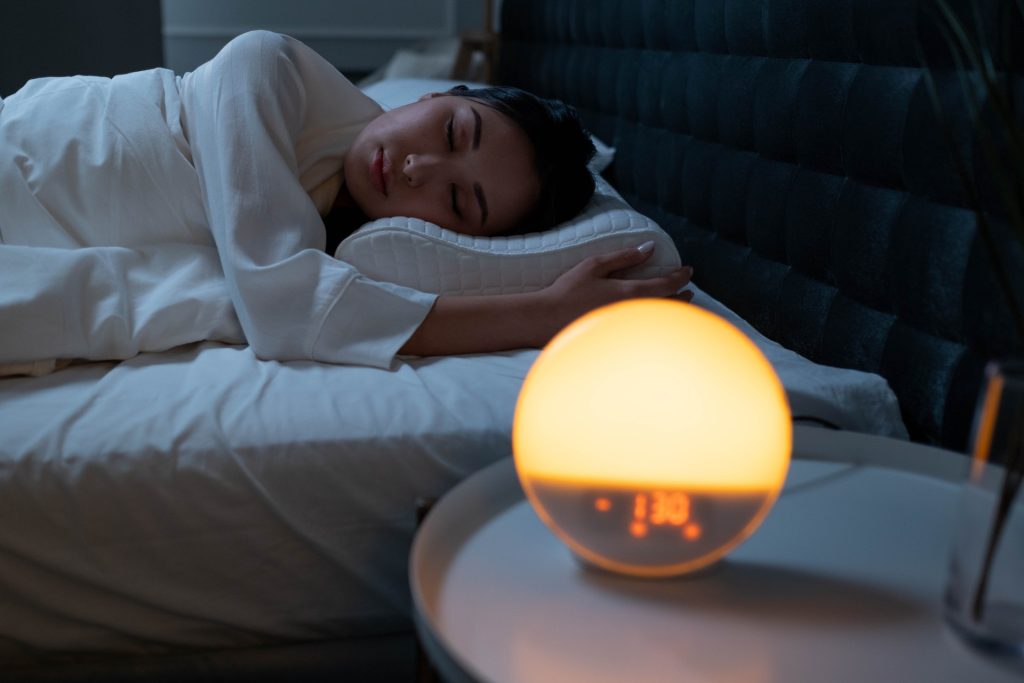Sleeping with Weighted Blankets Increases Melatonin

A small study has shown that young adults sleeping using weighted blankets had increased levels of the hormone melatonin, which increases in response to darkness, and which some research suggests promotes sleep. The findings are published in the Journal of Sleep Research.
Weighted blankets have been suggested to ease insomnia in humans in previous research but underlying mechanisms are not fully understood. To address this, Uppsala University researchers recruited 26 young men and women to examine if the bedtime use of a weighted blanket increases the production of sleep-promoting and anti-stress hormones like melatonin and oxytocin. They also investigated whether the bedtime use of a weighted blanket (12% of participants’ body weight) reduced the activity of stress systems in the body. Saliva samples were collected from participants while they were covered with either a weighted or a light blanket to measure melatonin, oxytocin, cortisol, and sympathetic nervous system activity.
“Using a weighted blanket increased melatonin concentrations in saliva by about 30%. However, no differences in oxytocin, cortisol, and the activity of the sympathetic nervous system were observed between the weighted and light blanket conditions,” reported Elisa Meth, first author and PhD student.
“Our study may offer a mechanism explaining why weighted blankets may exert some therapeutic benefits, such as improved sleep. However, our findings rely on a small sample and investigated only the acute effects of a weighted blanket. Thus, larger trials are needed, including an investigation of whether the observed effects of a weighted blanket on melatonin are sustained over longer periods,” said senior author Christian Benedict, Associate Professor at Uppsala University.
Source: Uppsala University


